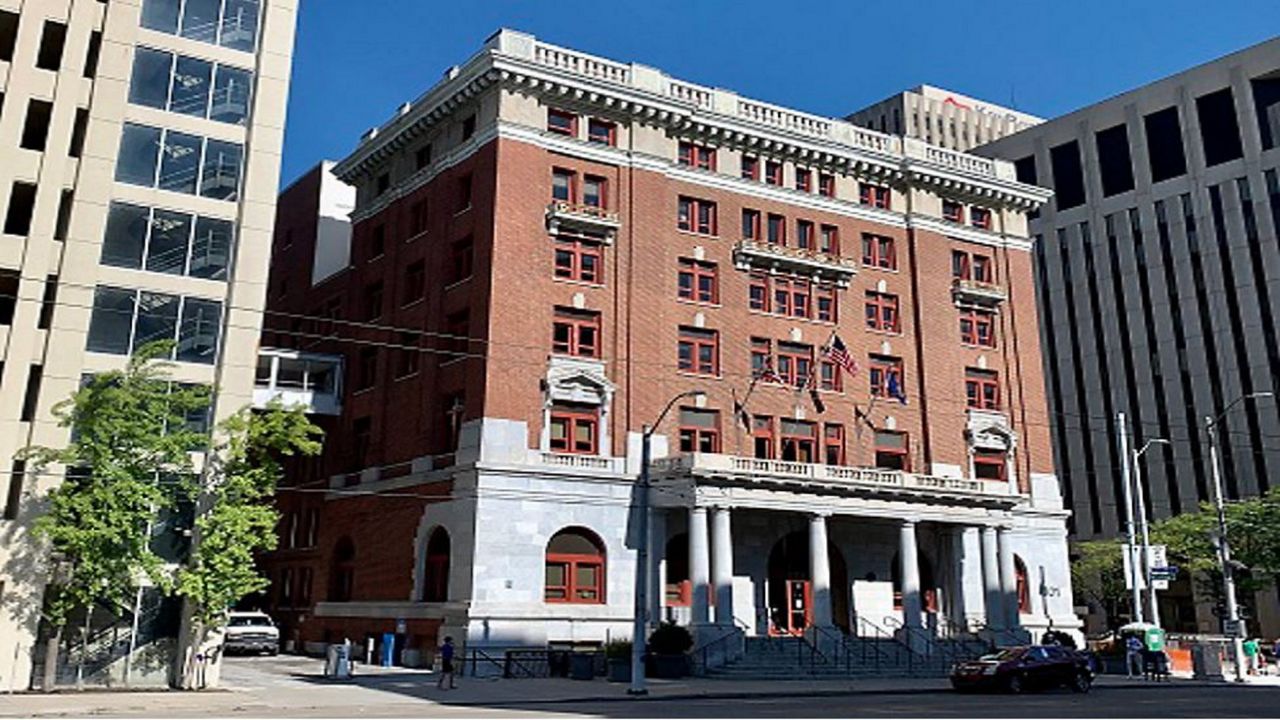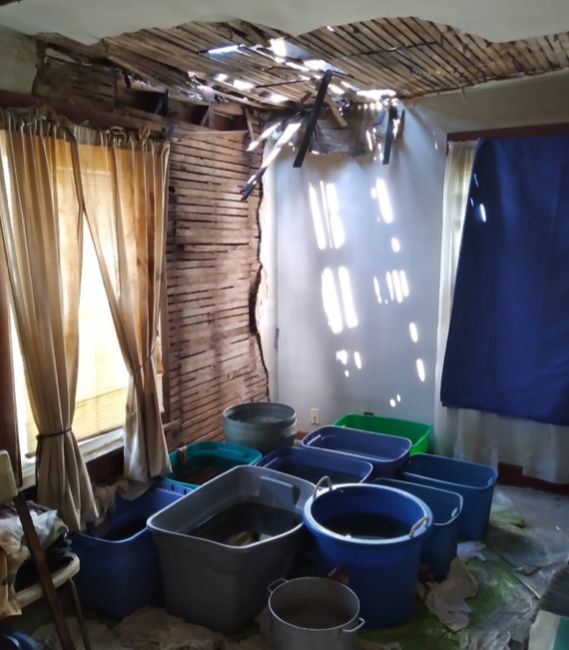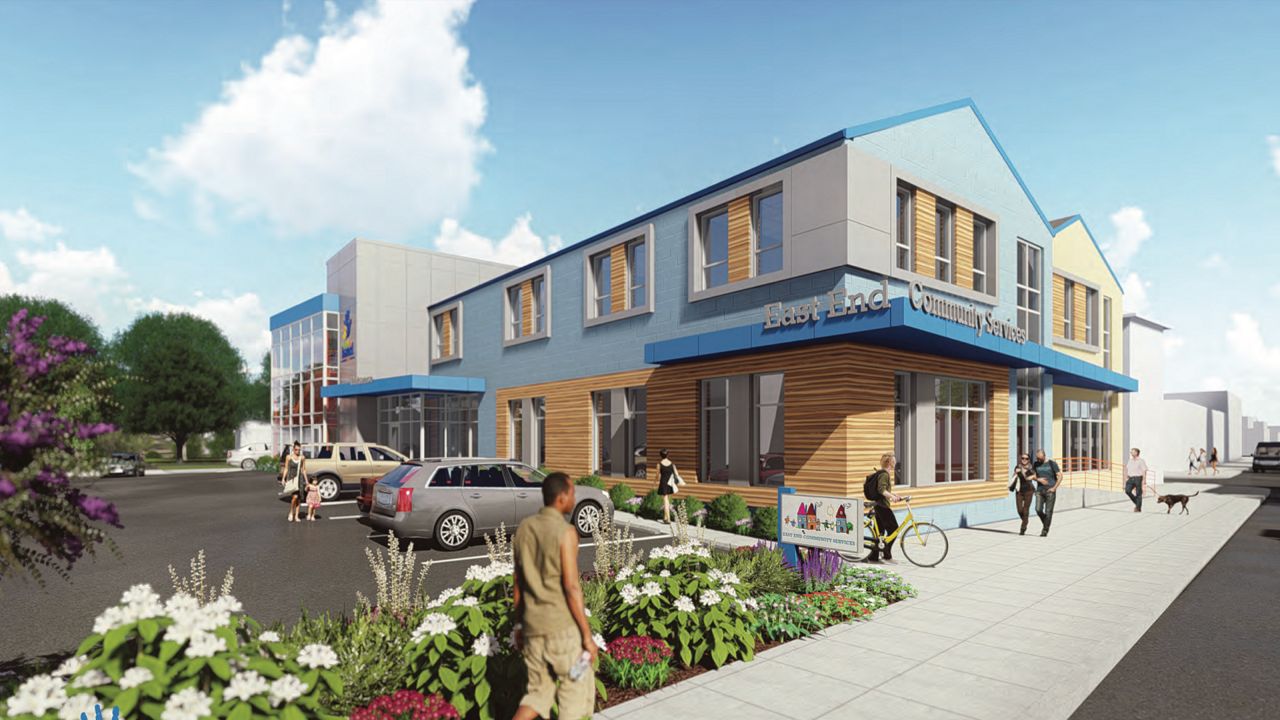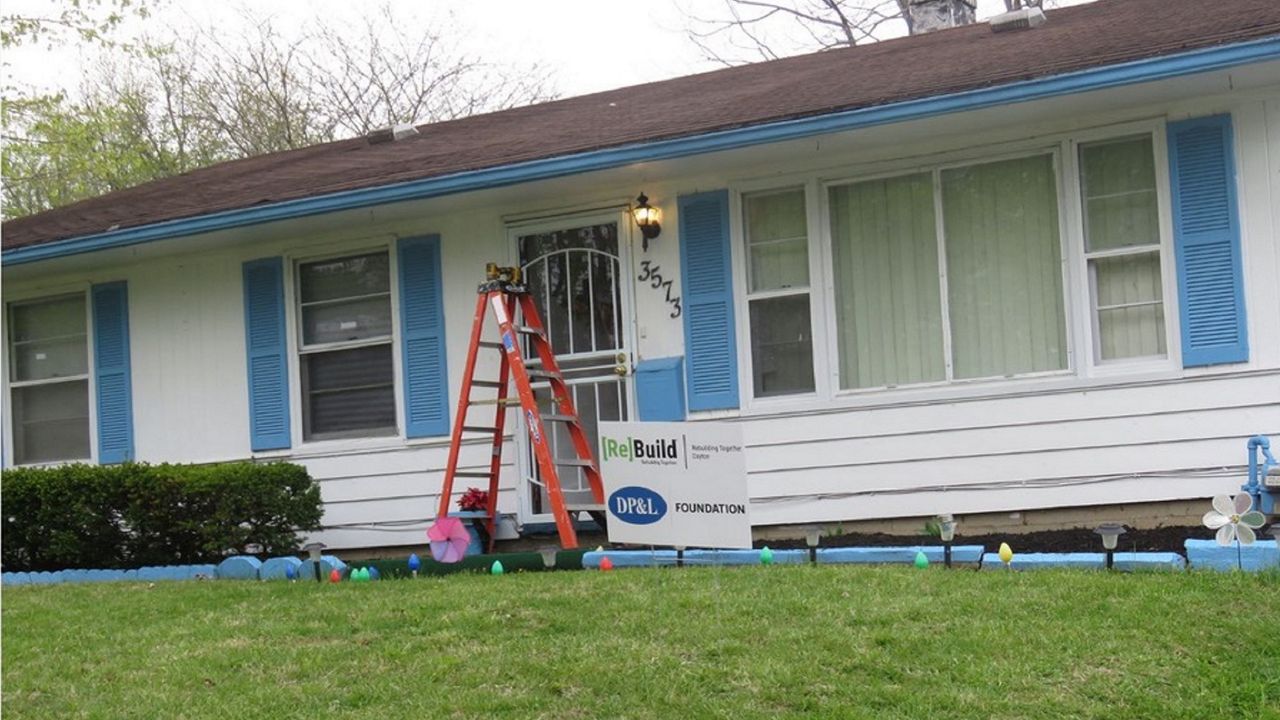DAYTON, Ohio — Dayton City Hall is using $4.3 million of its federal pandemic relief funding to support community programs and services focused on improving the quality of life of residents in several neighborhoods.
What You Need To Know
- Dayton is using $4.2 million to improve the quality of life for residents in several neighborhoods
- The money comes from the city's American Rescue Plan Act allotment
- Money will be spent on a food and wellness campus, a Family Services Hub and critical roof repairs
- City Commissioner Matt Joseph called this an opportunity to make a 'meaningful difference in people's lives'
Grants include $2.5 million toward the construction of a food and wellness campus operated by Homefull in southwest Dayton, as well as $1 million for East End Community Services’ Family Services Hub in the Twin Towers neighborhood.
The city also earmarked $800,000 for Habitat for Humanity of Greater Dayton to make critical roof repairs in six neighborhoods.
City Commission unanimously voted to approve the contracts on Wednesday.
“This significant investment into our communities, small businesses and nonprofit organizations is a huge step forward in creating long-term positive impacts for Dayton,” said City Manager Shelley Dickstein. “It is our honor to support these outstanding Dayton organizations as they work together to improve our community.”
The funding comes from the $138 million in federal pandemic relief funding Dayton received through the American Rescue Plan Act. To assist with the spending of those dollars, the city created a framework for community investment called the Dayton Recovery Plan.
City leaders analyzed socio-economic, health and demographic data to develop five key areas of emphasis for spending:
Improving Our Neighborhoods
Supporting Black and Brown Businesses
Aiding Community and Small Business Recovery
Enhancing Critical City Services
Catalyzing Economic Recovery
Through use of its Dayton Recovery Plan dollars, the city hopes to address long-standing economic and social inequities in the city, particularly among minority communities disproportionately affected by the pandemic.
The city hosted several public meetings and listening sessions over the course of the past year to collect ideas about where and how to spend the funds.

So far they’ve spent about $14.8 million, per the City of Dayton.
Investments so far include creation of the $7 million First Floor Fund for small businesses, $1.8 million in home repairs for low-income residents and the demolition of blighted properties to help stabilize neighborhoods.
“These projects have gone through a long process of evaluation, and we’re thrilled with the results,” City Commissioner Matt Joseph said. “It’s great to have the opportunity to give such large amounts of money to wonderful organizations that are really going to use it to make a difference in people’s lives.”
One project Joseph spoke of most highly was the Homefull development in southwest Dayton.
Founded in 1988, Homefull takes a comprehensive approach to addressing issues related to poverty, including home assistance, food insecurity, and job training and placement. The Dayton-based organization has offices in Columbus and 15 other counties.
It provides services for up to 2,000 households a day.
Homefull will put the $2.5 million awarded by the city toward the construction of a food and health facility on its planned campus on South Gettysburg Avenue. Eventual plans call for a full-service grocery store, housing and other amenities.
This pot of money will go toward general contracting and site work on the formerly vacant plot of land and the purchase of construction materials.
Grant funding for the Homefull project comes from the Aiding Community and Small Business Recovery component of the Dayton Recovery Plan.
“This project has the potential to transform that southwest Dayton neighborhood, and if there’s an area that needs some help that’s definitely one of them,” Joseph said.
The city awarded funds to WestCare Ohio and Habitat for Humanity of Greater Dayton through the $55 million Improving Our Neighborhoods component of the recovery plan. This section of the plan focuses on improving living conditions in neighborhoods throughout Dayton.
They’re doing so through a mixture of methods. They range from demolishing blighted properties and building new homes to planting tree lawns and improving sidewalk conditions citywide.

WestCare Ohio operates education, health, employment readiness, and senior citizen programs for high poverty neighborhoods in east Dayton. The 25-year-old organization plans to use the approved $1 million investment on several projects, including architectural and demolition services to create a Family Services Hub and wellness center for East End Community Services.
About $750,000 will go toward the construction of the $6.4 million East End Community Services project. The remaining $250,000 will go toward a partnership with Mission of Mary Cooperative to construct backyard gardens and a teaching kitchen. Other projects include design and landscaping work at Ruskin School Commons, installation of a new HVAC system at the New Hope Marketplace, and providing home weatherization programs to residents in Twin Towers.
“We need a new facility that will allow us to provide services to families more effectively, and to house new, complementary services needed by our neighbors that will be provided by our partner agencies,” Jan Lepore-Jentleson, executive director of WestCare Ohio. “We are grateful to the city for its confidence in our organization, and our neighborhood.
Habitat for Humanity of Greater Dayton provides affordable housing and home repairs to low-income residents and families, many of whom are older.
With the $800,000 in funding from the City of Dayton, the organization will focus on the completion of critical roof repairs and replacements in up to 80 homes spread across the Carillon, Edgemont, Miami Chapel, Wolf Creek, Five Oaks, and Old North Dayton neighborhoods.
Many of the residents who will benefit from this program are older adults with very little income, said David Mauch, the organization’s development director.
The goal, Mauch said, is to keep homeowners living in their home for as long as possible. It will also cut down on potential blight and abandoned properties in neighborhoods, helping to stabilize the value of other homes in the area, he added.
“We look at this as a strong investment from the City of Dayton to help stabilize the neighborhood and also make sure that the residents have that little bit of assistance they need to stay in the place that they want to stay,” Mauch said.
More information is available on the Dayton Recovery Plan website.






